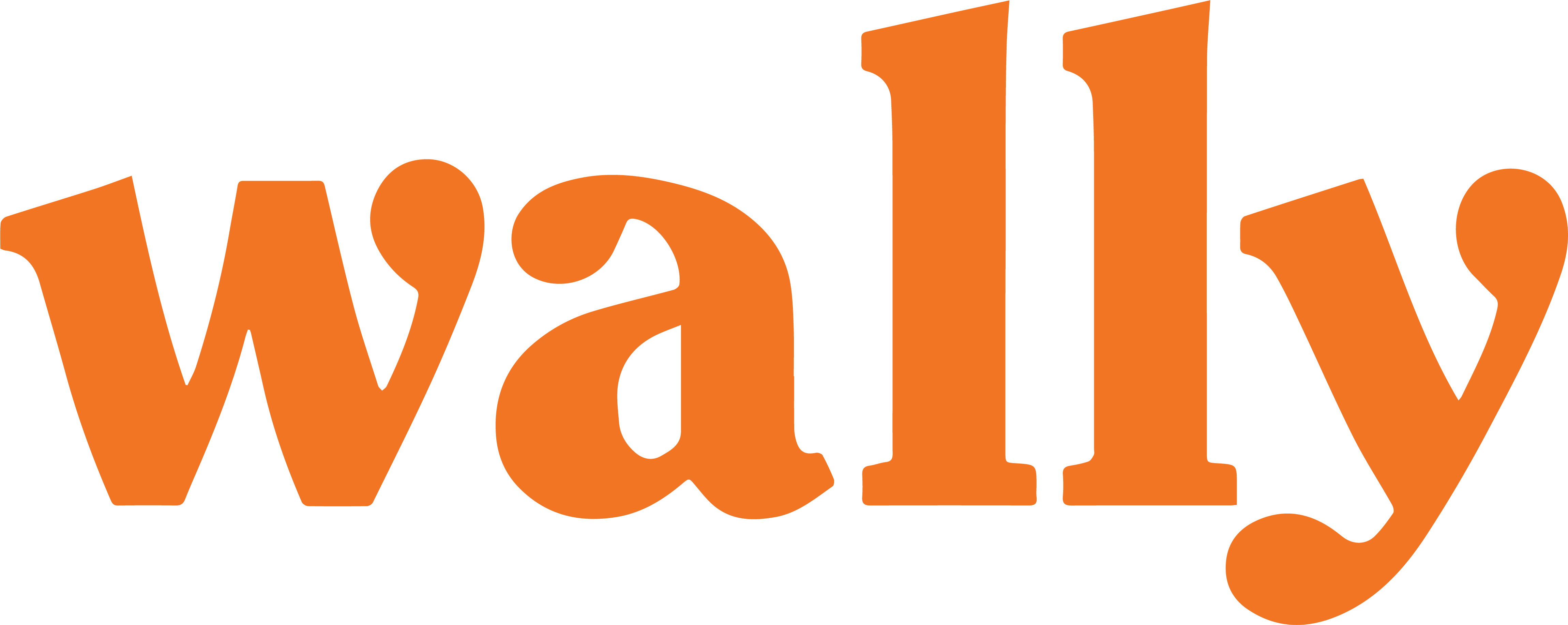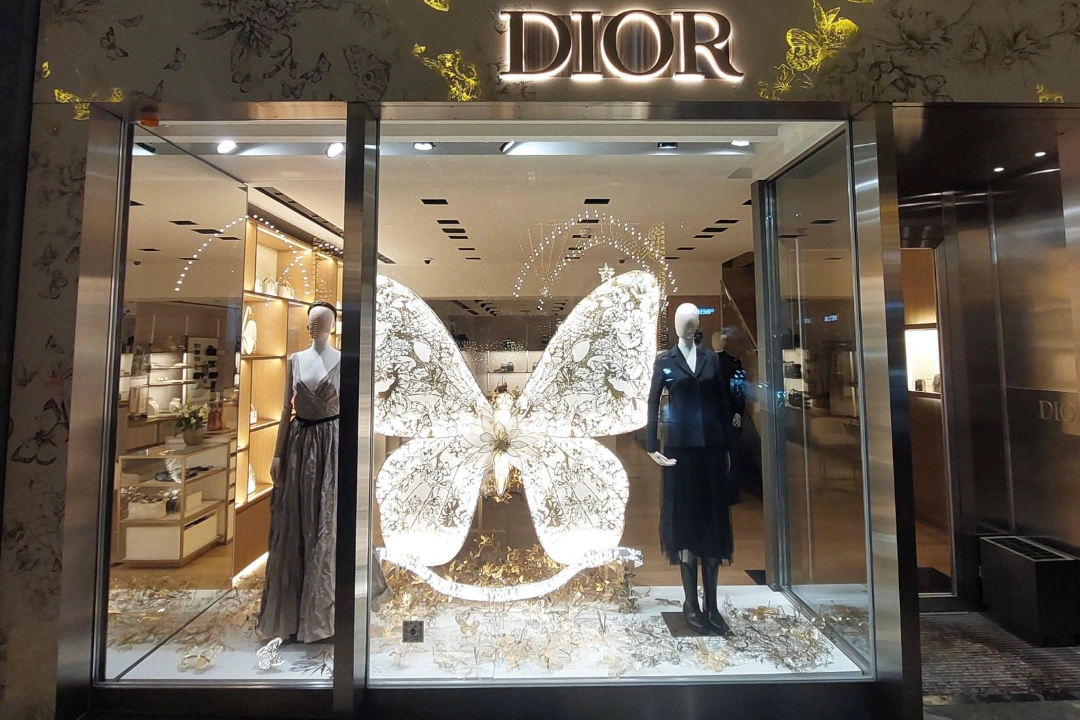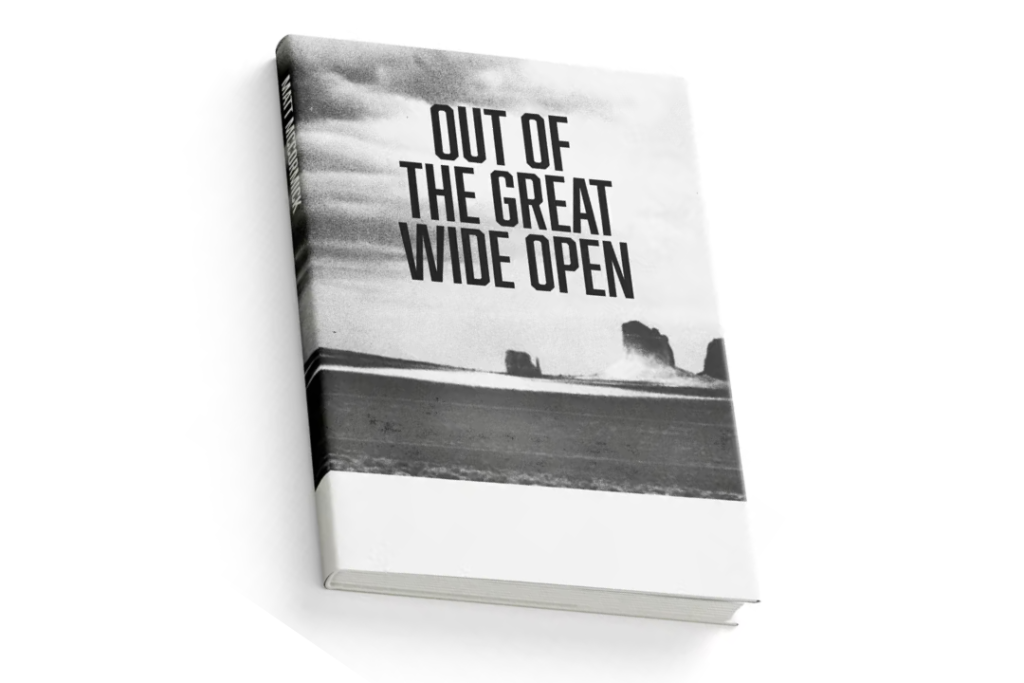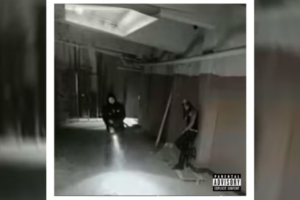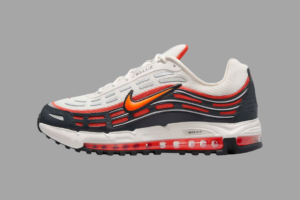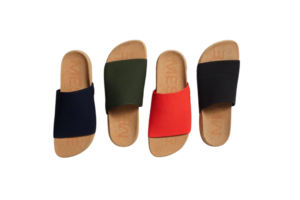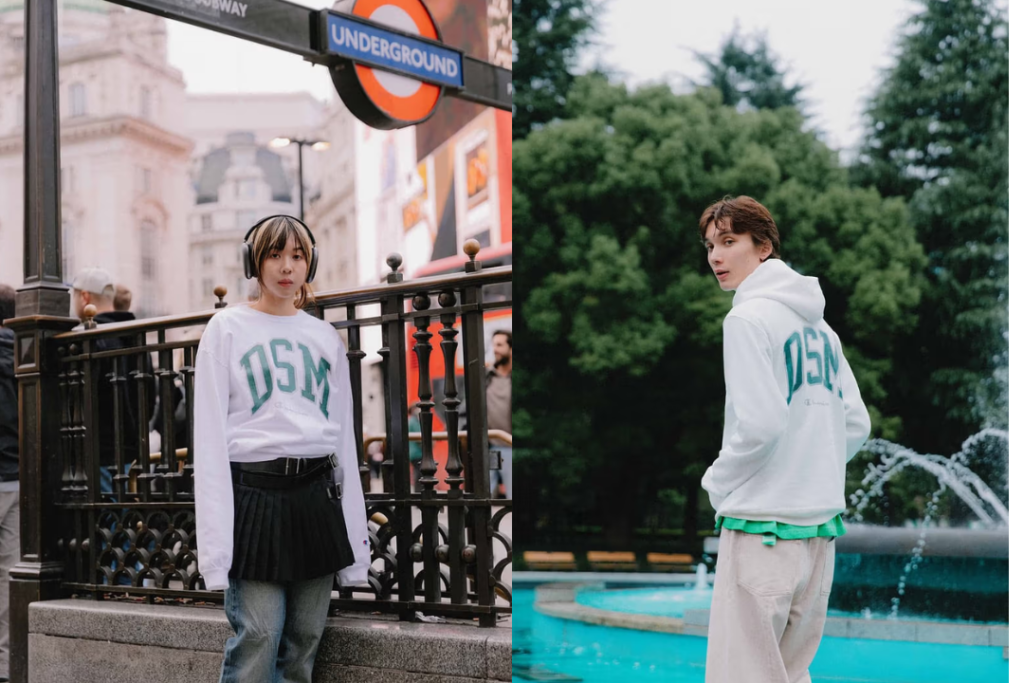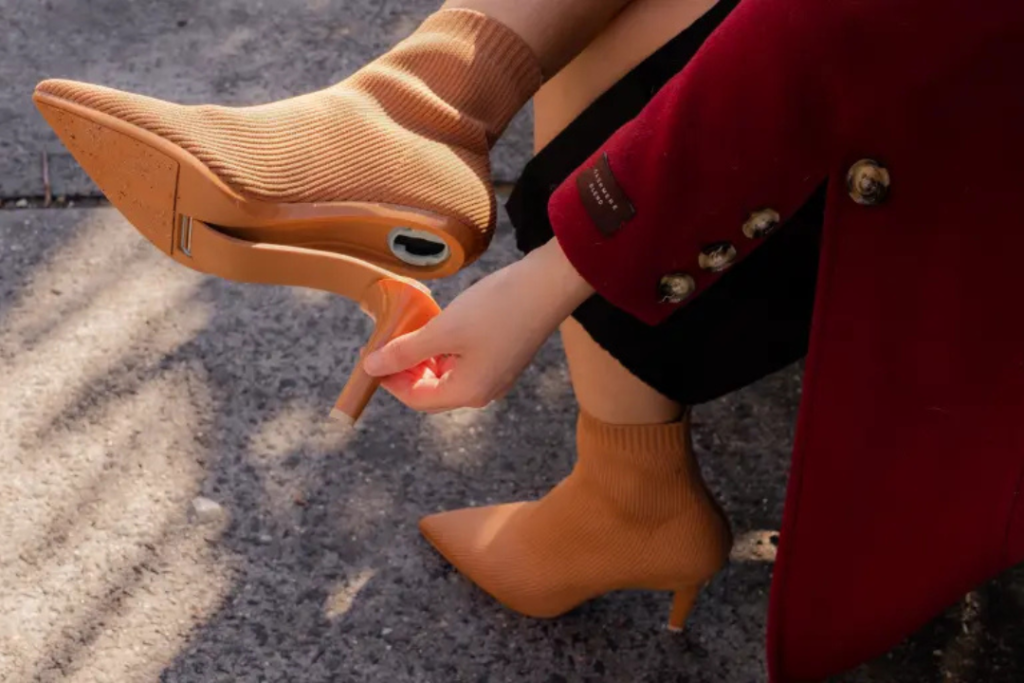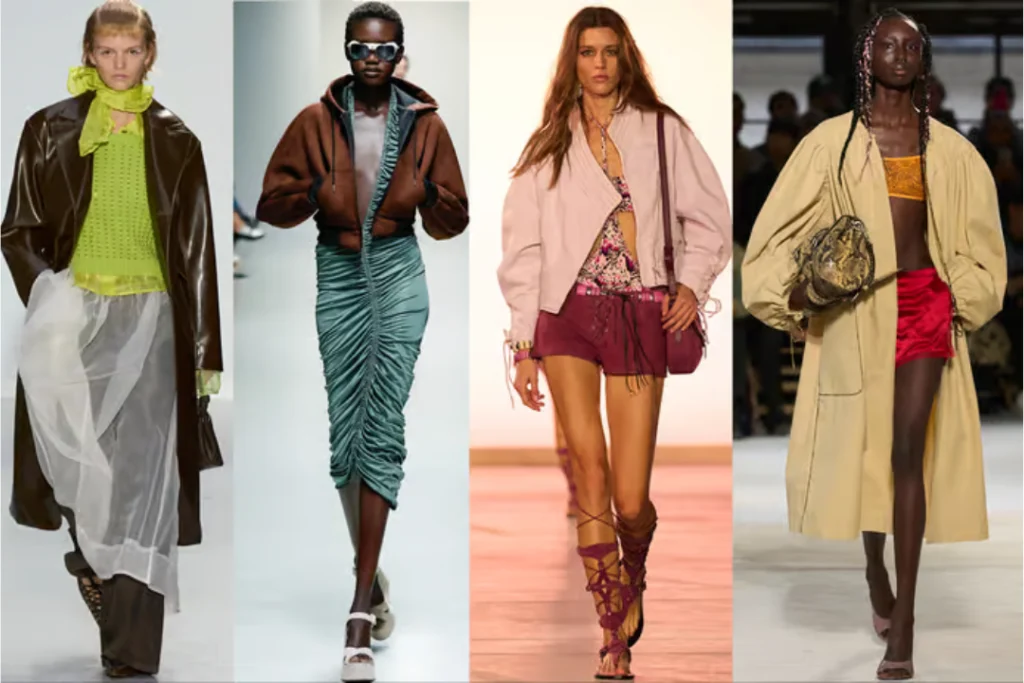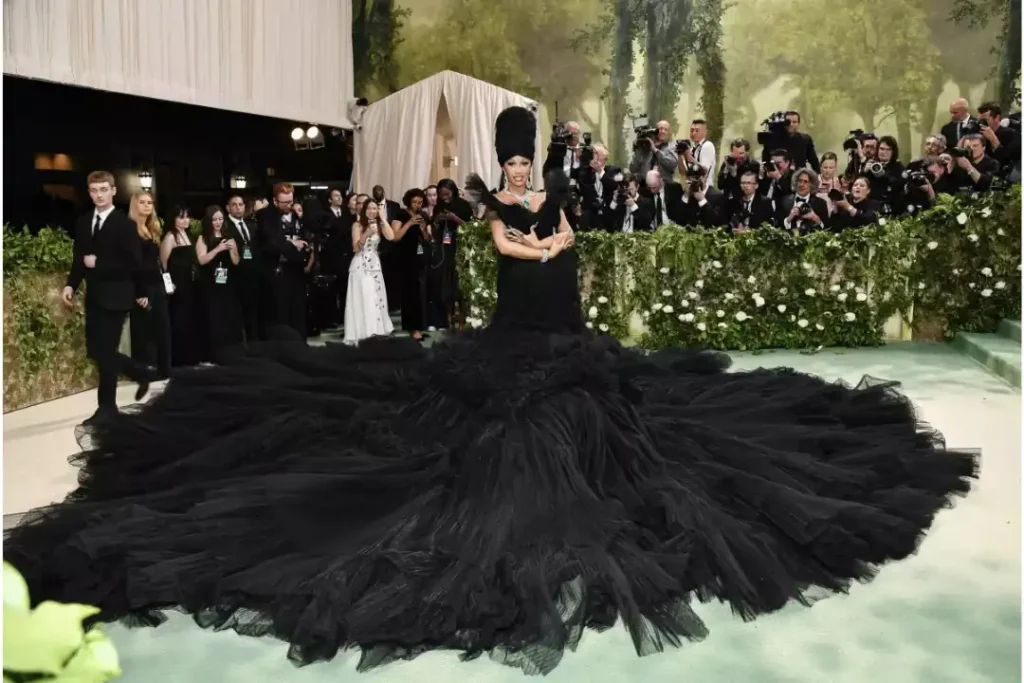A recent report by the Wall Street Journal has ignited a fierce debate on social media following a series of raids in Italy targeting the production practices of leading luxury brands. The investigation, conducted by Milan prosecutors, uncovered alarming details about exploited labor used in the creation of high-end goods for renowned brands such as Dior and Armani.
The report highlighted findings that local workshops, producing luxury leather goods for Dior and Armani, were using underpaid foreign labor. The investigation revealed stark discrepancies between the manufacturing costs and the retail prices of these items. For instance, Dior paid a supplier just €53 (about $57) to assemble a handbag, which is then sold for €2,600 (approximately $2,780) in stores. Similarly, Armani bags were produced for €93 and resold to the brand for €250, eventually retailing for around €1,800.
Fabio Roia, president of Milan’s court system overseeing the probe, questioned the brands’ practices, asking, “Why does it cost so little to manufacture the product? The brands need to ask themselves this question.”
Luxury Industry Faces Labor Law Scrutiny
The investigation, spanning a decade, initially focused on illegal working conditions in logistics and cleaning sectors before turning to the luxury industry, which dominates half of the world’s production. Milan’s court of justice has proposed Italy-wide measures urging luxury firms to enhance supplier checks to ensure compliance with labor laws. This move aims to address what prosecutors describe as a “generalized manufacturing method” endangering workers to maximize profits.
This isn’t the first time luxury and fast fashion brands have faced scrutiny for labor exploitation. Previous allegations have included child labor in South Asian nations, aimed at reducing production costs. With social media amplifying these issues, brands are increasingly facing reputational risks, leading many to internalize production and reduce reliance on subcontractors.
Dior, owned by luxury conglomerate LVMH, and Armani have both responded to the findings. Dior declined to comment directly to the WSJ but has submitted a memorandum detailing measures to rectify supply chain issues. Armani stated it has robust control and prevention measures in place and is cooperating fully with authorities.
The WSJ report has been widely circulated on social media platform X, formerly known as Twitter, with users expressing outrage. One user, Zaira Idrus, voiced her discontent, saying, “I hate unethical and labor-abusing companies, directly or indirectly cruel to humans. More reason to boycott Dior and Armani.”
This latest controversy underscores the ongoing challenges within the fashion industry regarding ethical production practices and the growing power of social media to influence public opinion and brand reputation.

